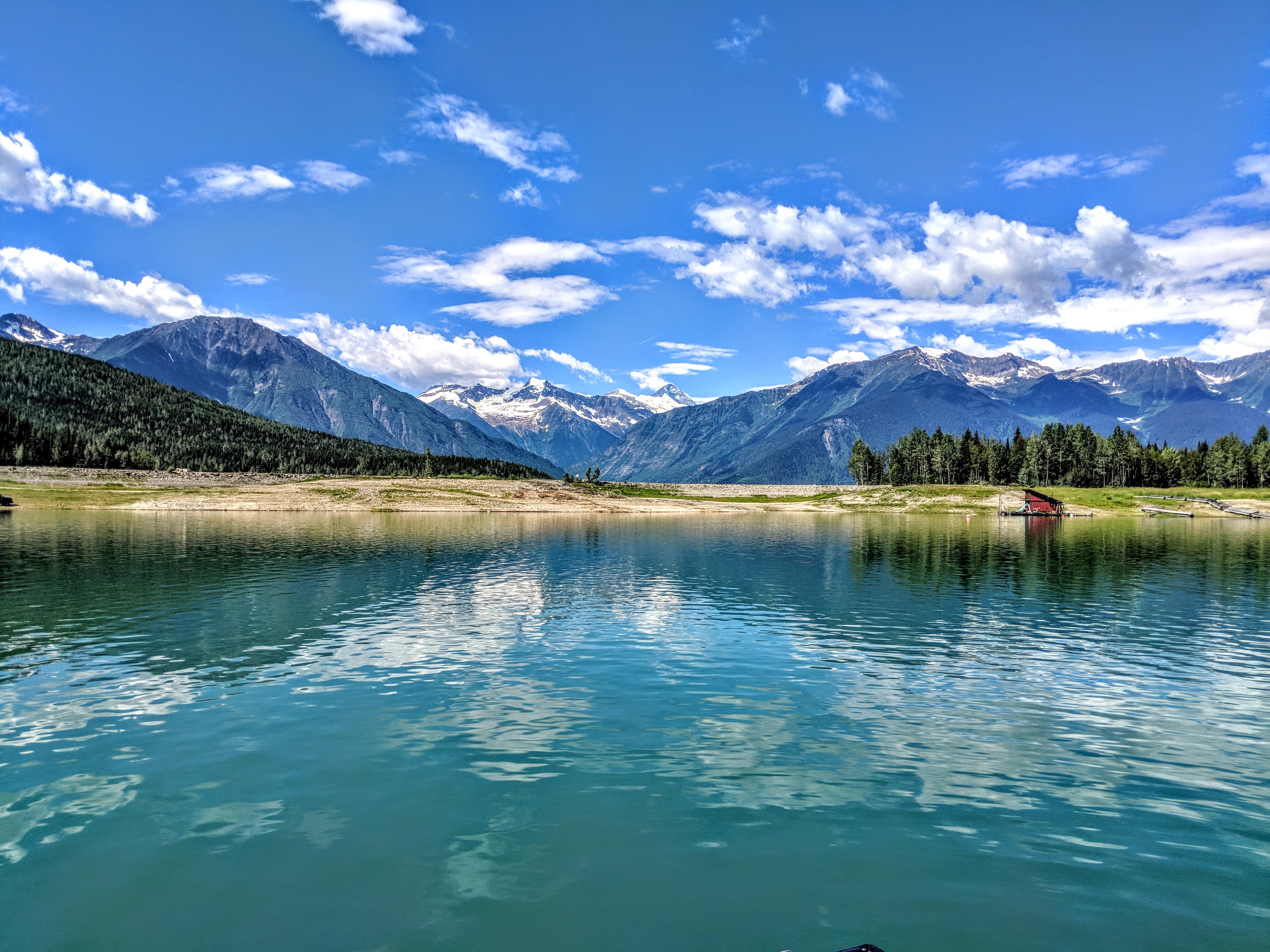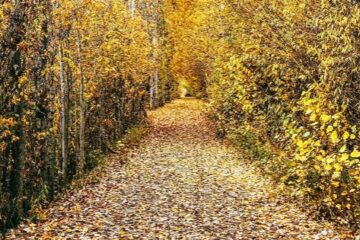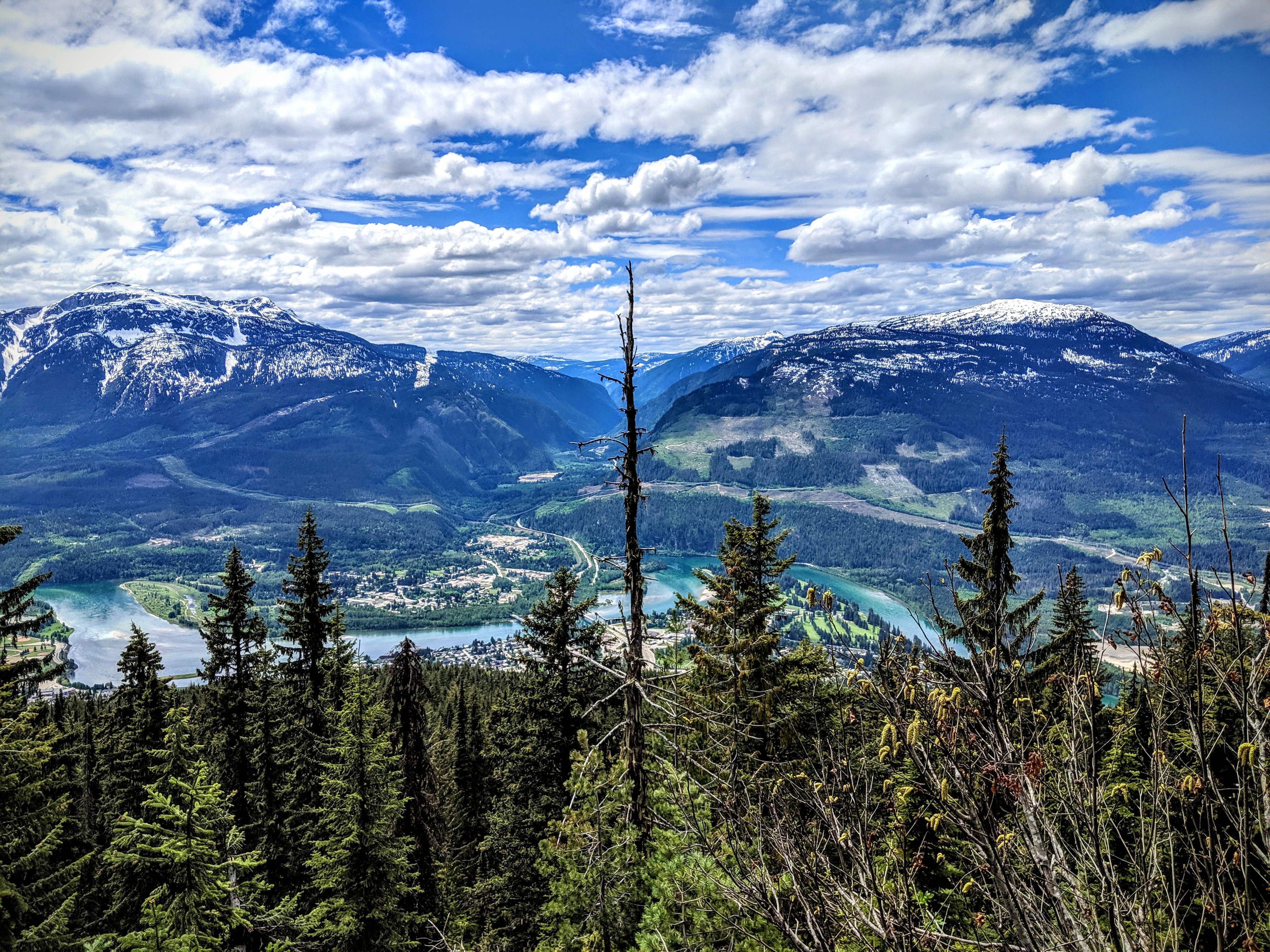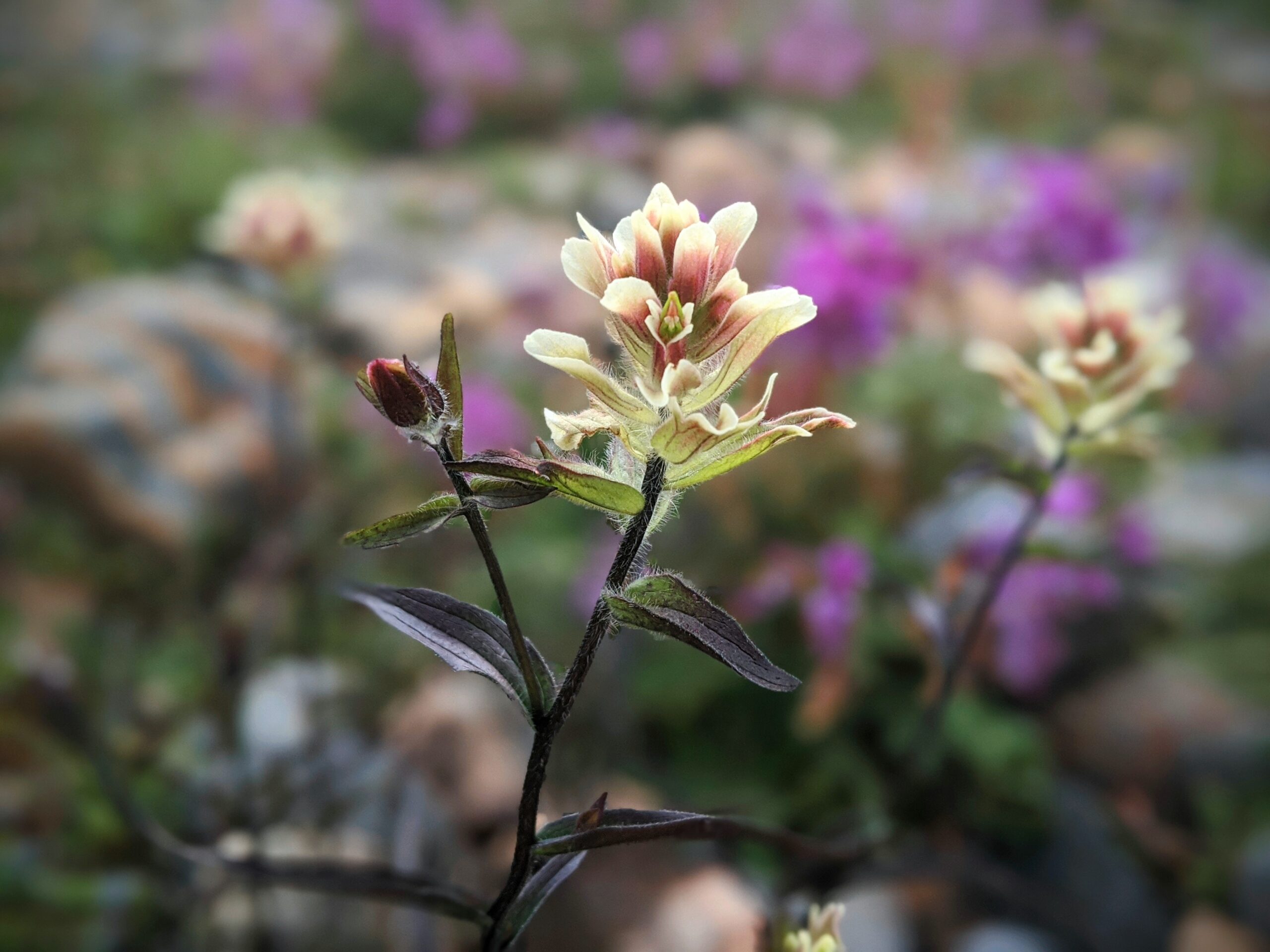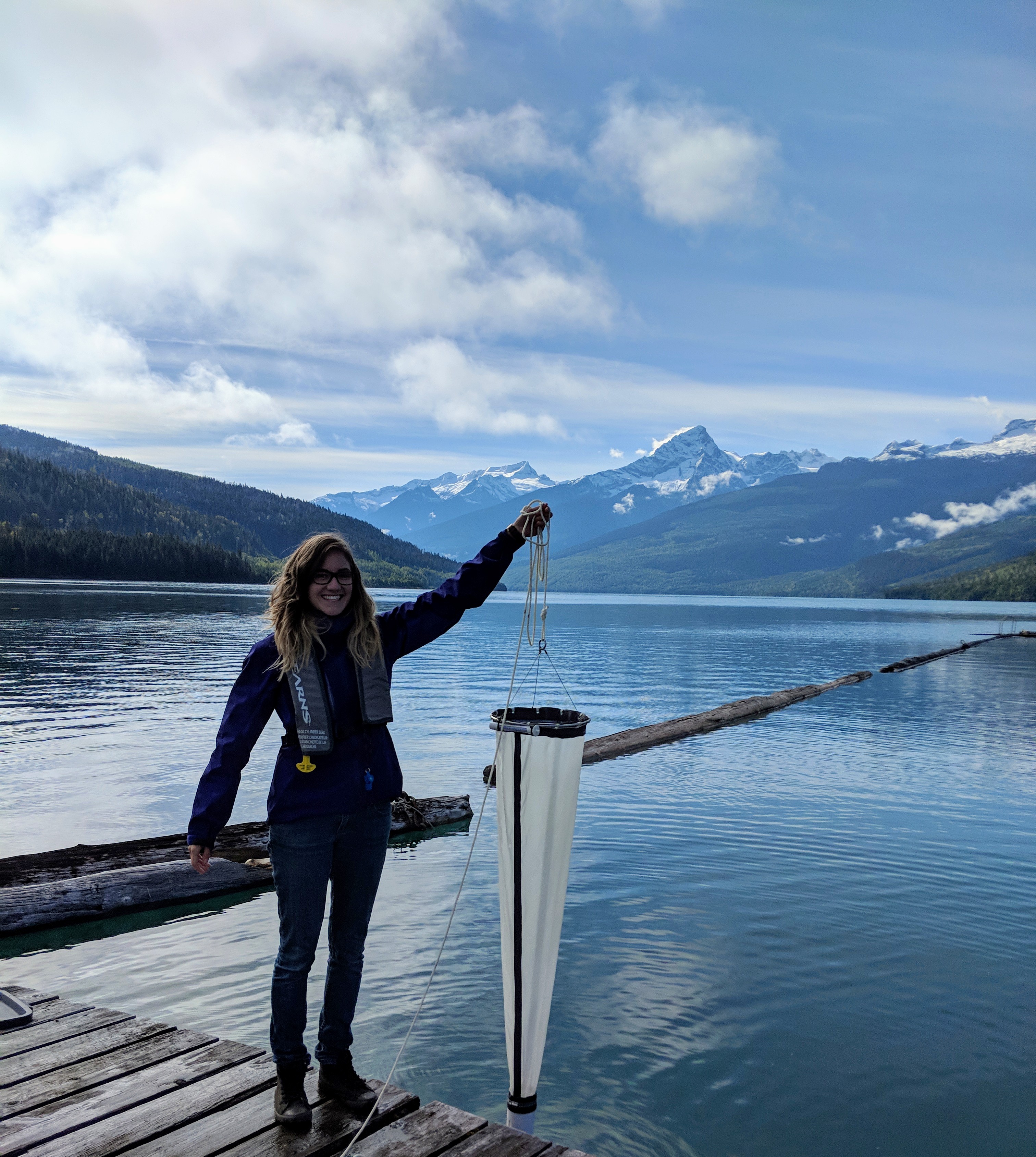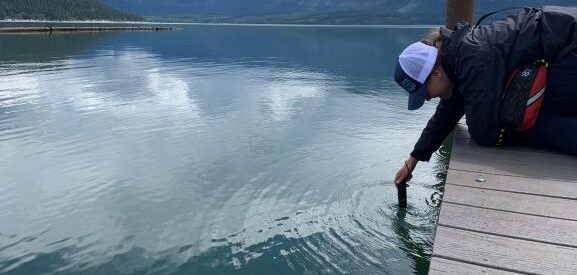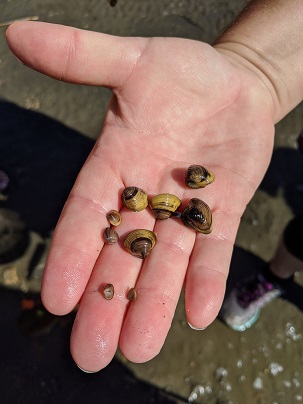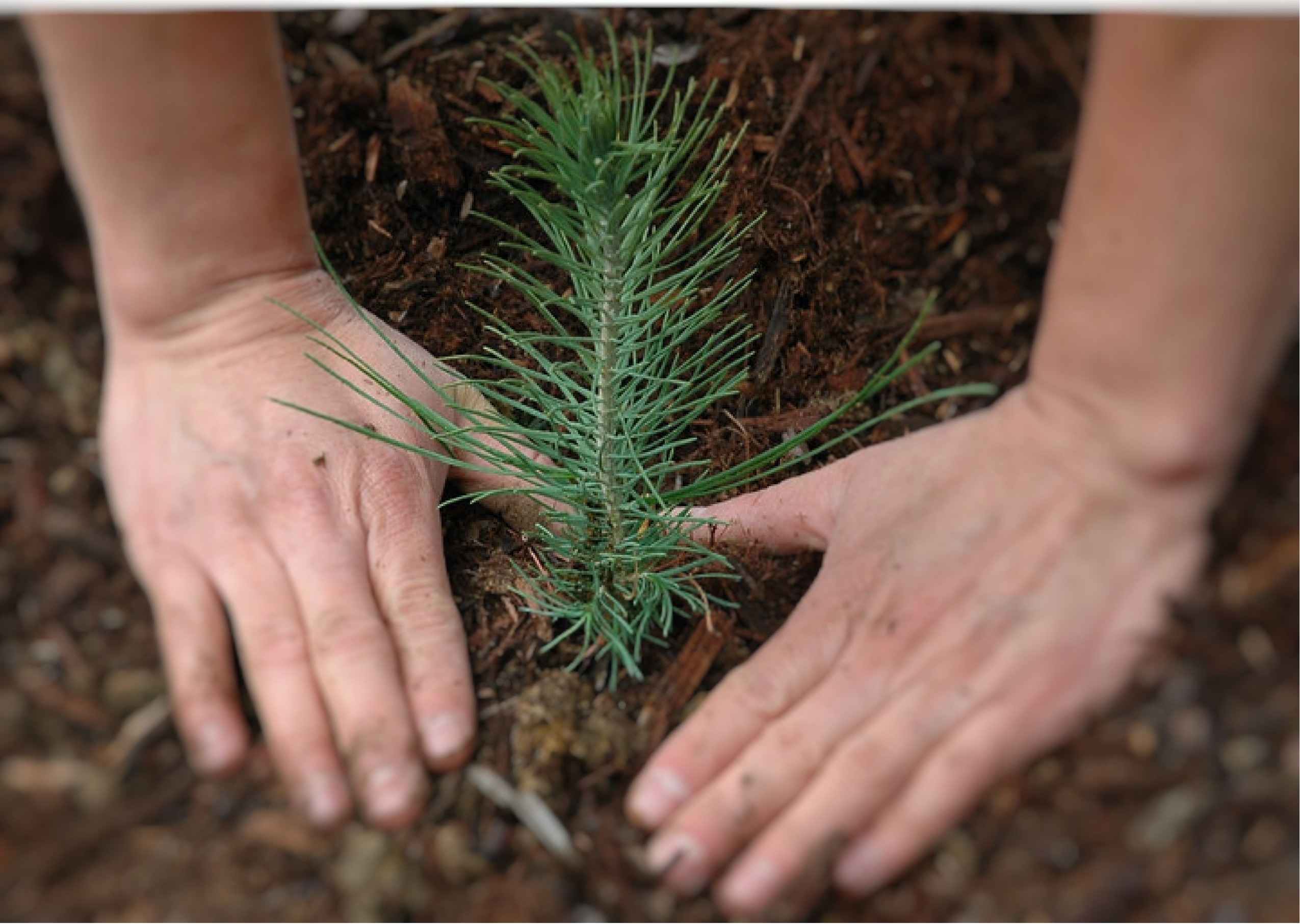Events
CSISS is hiring an Interim Aquatic Invasive Species Program Coordinator
CSISS is hiring an Interim Aquatic Invasive Species Program Coordinator Job Title: Interim Aquatic Invasive Species Program Coordinator Job posting: #001 Closing date: January 3, 2022 Employment duration: Seasonal, hourly (Part time 4 months February- May, Full time 4 months June – October). Start date: February 7th, End date: October 7th. Wage: $22-25 Read more…
